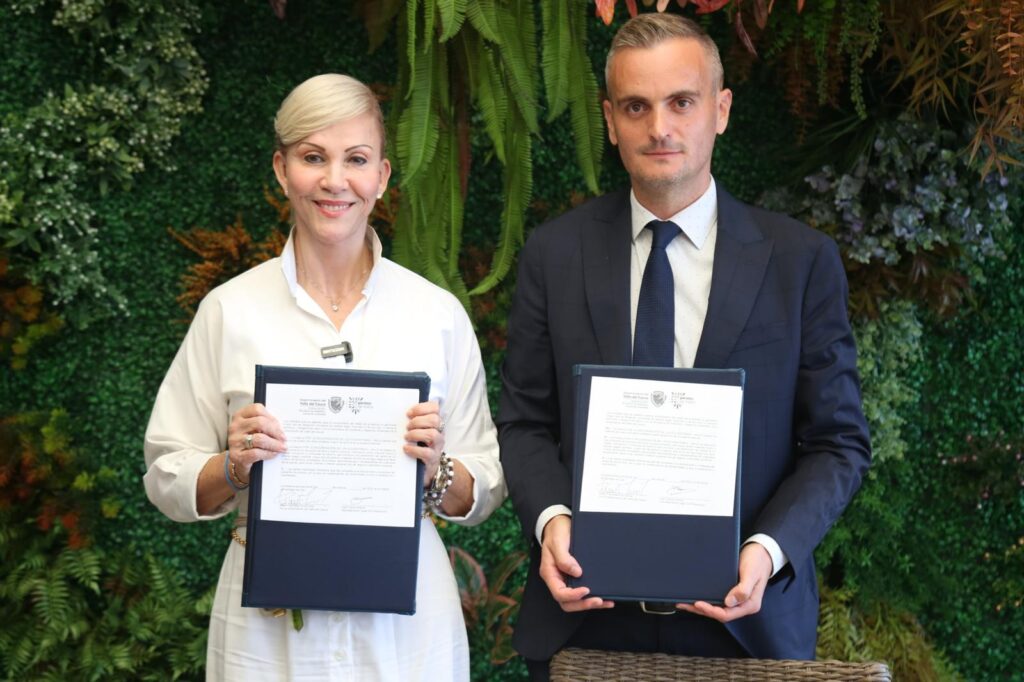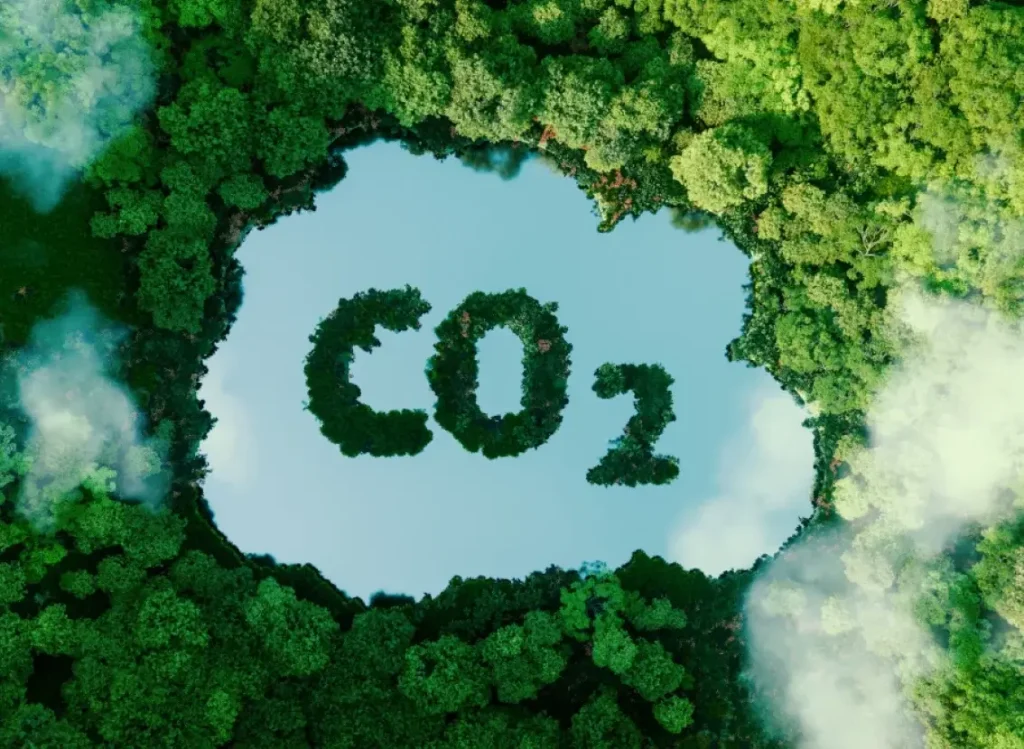Next Monday, June 5, World Environment Day is celebrated. The objective is to raise awareness among the global society about the importance of caring for our ecosystem and promoting sustainable development that respects the environment.
Plastic Pollution
Among the environmental challenges we face today, plastic pollution plays a very relevant role. Humans produce more than 430 million tons of plastic per year, with 22% of them becoming waste. It is a non-biodegradable material that takes more than 100 years to decompose, polluting water, poisoning marine life, deteriorating soil, and causing health consequences in humans. Approximately 36% of plastic production is destined for packaging, making it the sector that generates the most single-use plastic waste.
Countries must promote a production and consumption model based on the circular economy to create added value. We must reinvent ourselves and seek solutions that incentivize the implementation of alternatives to unnecessary plastic use.
What can I do as a citizen against plastic pollution?
Individual decisions do make a difference. Here’s a list of actions you can incorporate into your daily life to contribute to environmental and planetary care:
- Avoid single-use plastics (utensils, straws, bags, cotton swabs…).
- If you can’t, reuse them, and once they can’t be used, recycle them to dispose of them properly.
- Bring reusable bags when shopping.
- Try to buy locally sourced and seasonal foods.
- Choose products packaged in cardboard or glass.
- Buy more bulk foods and fewer packaged products.
- Dispose of plastics in the correct recycling bin.
- Raise awareness in your environment about the importance of reducing plastic consumption
How can I contribute to environmental care
World Environment Day is the perfect opportunity to become aware of ecosystem conservation. To achieve the transformation towards a circular economy system, we encourage you to collaborate through these environmental measures:
- Whenever possible, walk, cycle, or use public transport. If not possible, opt for an eco-friendly means of transportation. In addition to contributing to the environment, you save costs.
- Separate recyclable waste and use collection points specific to products that require it. It’s important to inform yourself to act correctly.
- Save electrical energy. You can reduce its use through low-consumption appliances, using LED bulbs, turning off lights when not in use, or avoiding electrical appliances on standby.
- Invest in renewable energy. If you install solar panels in your home, you can produce energy from inexhaustible sources like the sun, which can be used to heat water or your home.
- Reduce water consumption. Water is a limited resource, so it’s important to turn off the tap when rinsing, shower instead of bathing…
- Adjust your diet. Increase vegetable consumption, which helps reduce chronic diseases such as heart disease, strokes, diabetes, and cancer.
- Don’t waste food. Measure portion sizes before cooking, store food correctly, discover leftover recipes…
- Optimize your wardrobe. Less new clothing of higher quality to use for a longer time, look for sustainable brands or buy/sell second-hand clothing.
- Push local politicians and companies to join efforts to reduce carbon emissions.
- Sponsor tree planting worldwide. Reforestation reduces global greenhouse gas emissions.
If you found this last measure intriguing, at CO2 Revolution, we facilitate it for you. Contact us, and we’ll inform you how.


